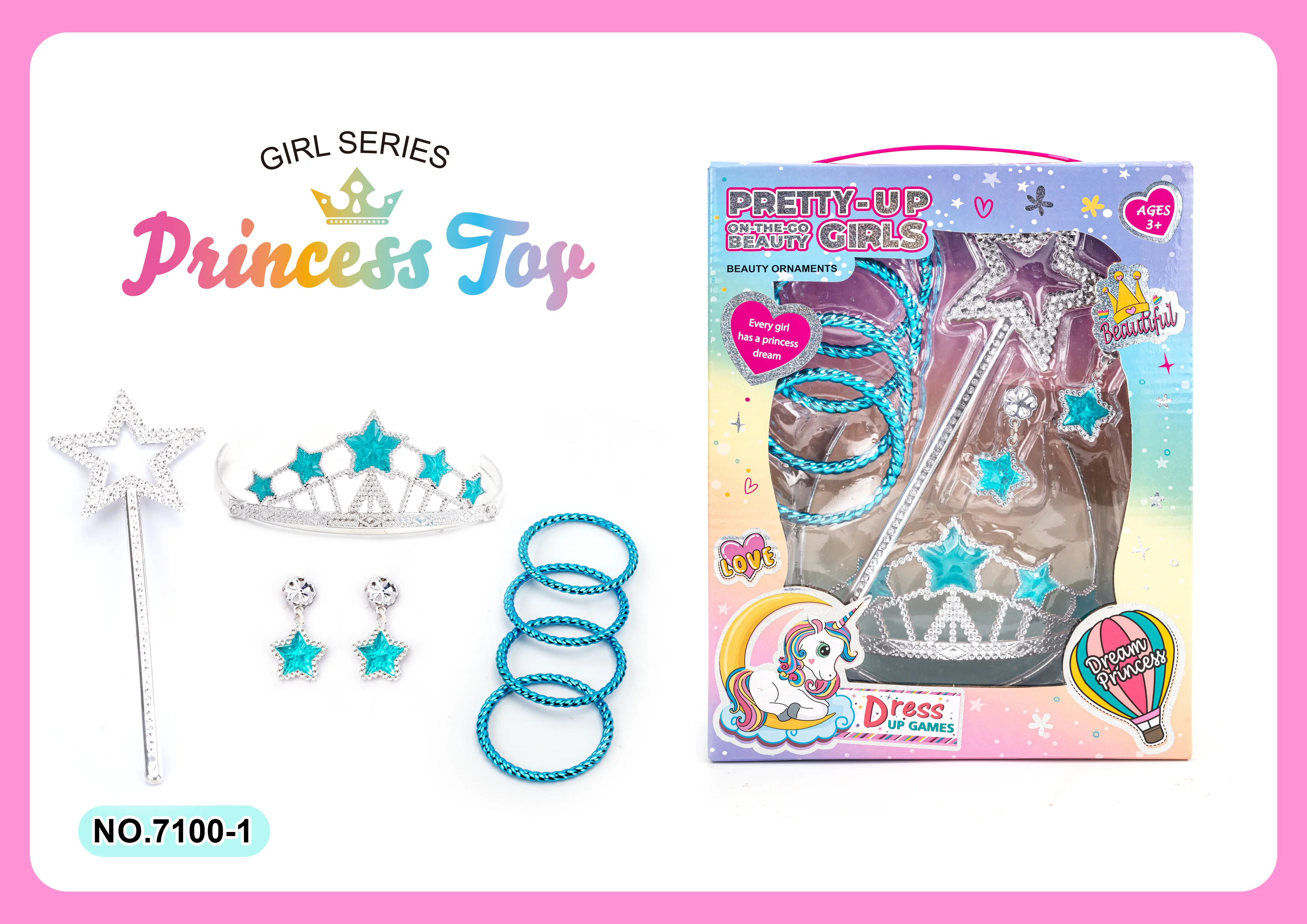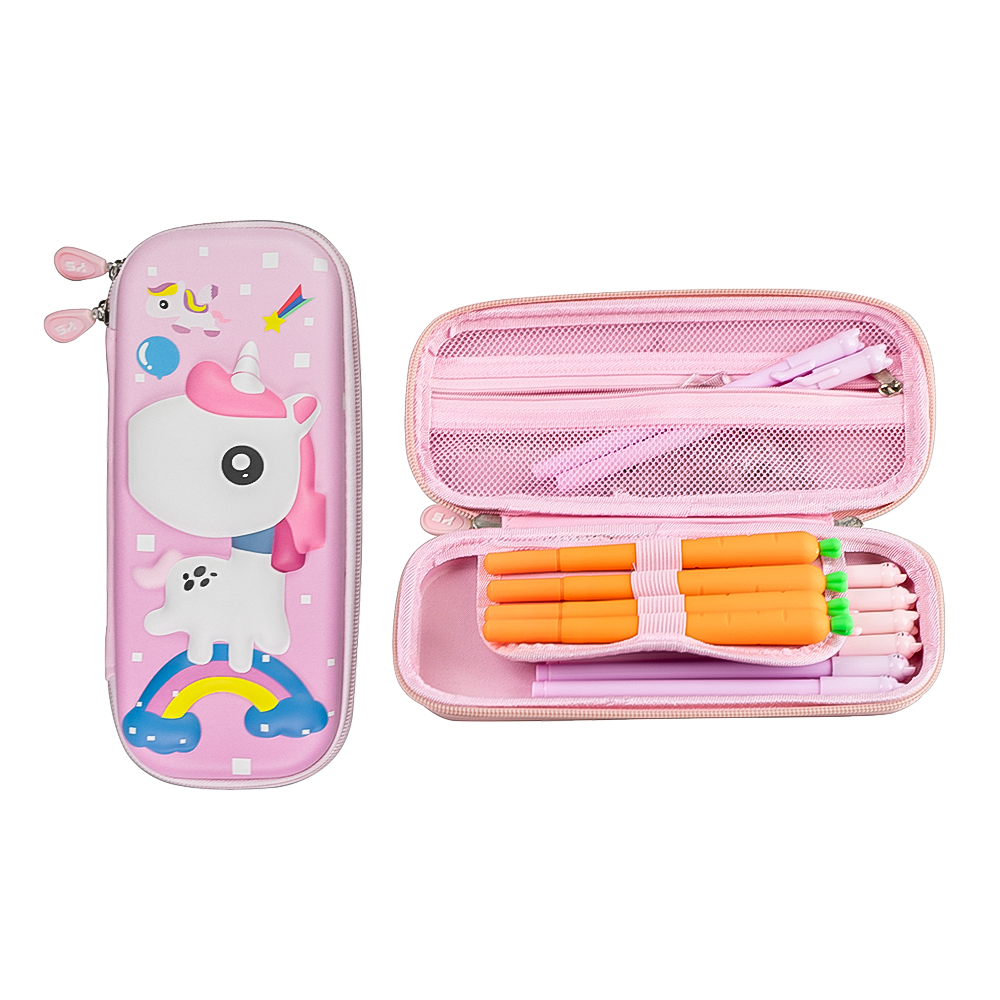When it comes to laundry day, the debate over the necessity of fabric softeners often arises. While some swear by their ability to enhance the feel and scent of clothes, others question their effectiveness and environmental impact. This article delves into the multifaceted role of fabric softeners, examining their benefits, potential drawbacks, and whether they are truly necessary for your laundry routine.
Understanding Fabric Softeners
Fabric softeners are chemical formulations designed to reduce static cling, soften fabrics, and impart a pleasant fragrance to laundry. They typically come in liquid form, which is added during the rinse cycle, or as dryer sheets, which are used in the dryer. The primary active ingredients in most fabric softeners are cationic surfactants, which work by coating the fibers of the fabric, making them feel smoother and softer.
The Benefits of Fabric Softeners
- Enhanced Softness: One of the most immediate benefits of using fabric softeners is the softening effect they have on fabrics. This is particularly noticeable in towels, sheets, and clothing made from cotton or blends. The coating provided by the softener reduces friction between fibers, resulting in a softer touch.
- Static Reduction: Fabric softeners are effective in reducing static cling, which can be particularly bothersome in synthetic fabrics. This is especially useful in dryer settings, where static can cause clothes to stick together or cling to the body.
- Fragrance: Many fabric softeners come in a variety of scents, adding a fresh aroma to laundry. This can enhance the overall laundry experience, making clothes smell clean and inviting.
- Wrinkle Reduction: Some fabric softeners claim to help reduce wrinkles, making ironing easier or even unnecessary for certain fabrics. This can save time and effort in the laundry process.
- Longevity of Fabrics: By reducing friction and wear during washing and drying, fabric softeners may help extend the life of certain fabrics, keeping them looking new for longer.
The Drawbacks of Fabric Softeners
Despite their benefits, fabric softeners are not without their criticisms:
- Chemical Composition: Many fabric softeners contain synthetic fragrances and chemicals that can cause skin irritation or allergic reactions in sensitive individuals. Additionally, some of these chemicals may not be environmentally friendly, raising concerns about their impact on water systems.
- Reduced Absorbency: In the case of towels and athletic wear, fabric softeners can actually reduce absorbency. The coating that softeners leave on fabrics can hinder their ability to absorb moisture, which is counterproductive for items designed to wick away sweat or absorb water.
- Build-Up: Over time, fabric softeners can lead to build-up on fabrics, which may result in a greasy feel or a dull appearance. This build-up can also affect the performance of moisture-wicking fabrics, making them less effective.
- Cost Considerations: Fabric softeners add an additional cost to laundry routines. For those on a budget, this expense may not be justifiable, especially when considering the potential downsides.
Alternatives to Fabric Softeners
For those who are hesitant to use traditional fabric softeners, there are several alternatives that can provide similar benefits without the drawbacks:
- Vinegar: Adding white vinegar to the rinse cycle can help soften fabrics and reduce static. It is a natural alternative that is also environmentally friendly.
- Baking Soda: This common household item can help soften fabrics and neutralize odors when added to the wash cycle.
- Wool Dryer Balls: These reusable balls can help reduce drying time, soften fabrics, and minimize static without the use of chemicals.
- Air Drying: Whenever possible, air drying clothes can reduce static and help maintain the integrity of fabrics without the need for softeners.
Conclusion: Is Fabric Softener Necessary?
The necessity of fabric softener ultimately depends on individual preferences and laundry needs. For those who prioritize softness and fragrance and do not have sensitivities to chemicals, fabric softeners can be a valuable addition to their laundry routine. However, for individuals concerned about skin sensitivities, environmental impact, or the potential drawbacks of reduced absorbency, exploring alternatives may be the best route.


